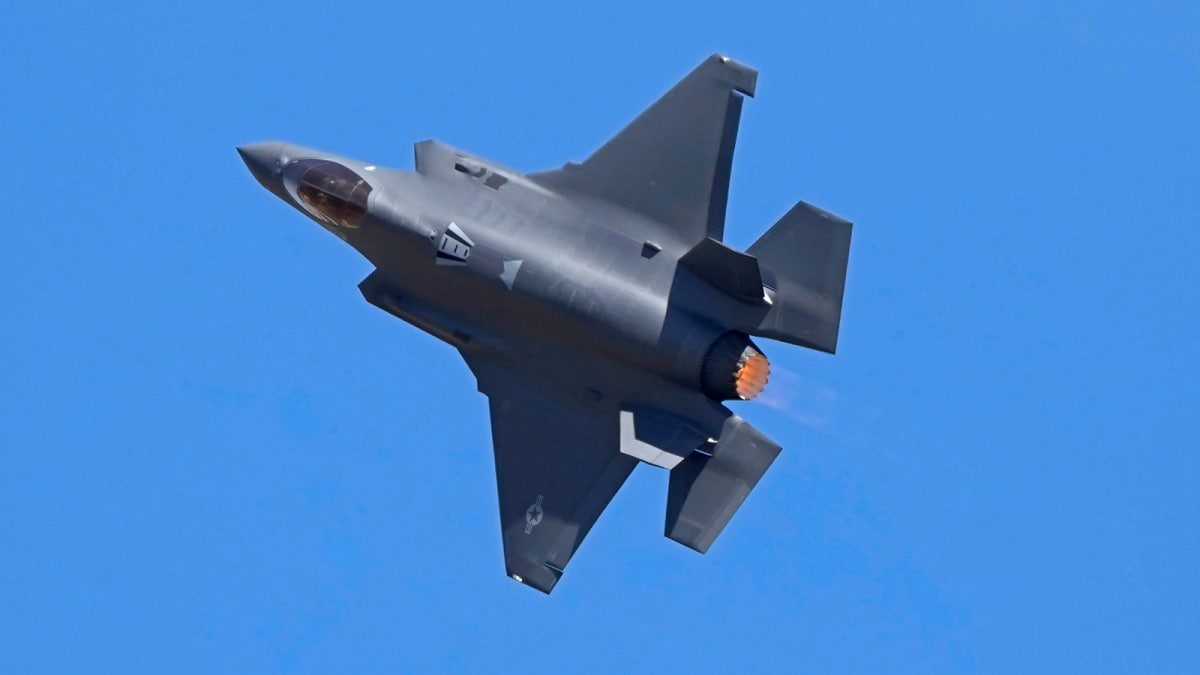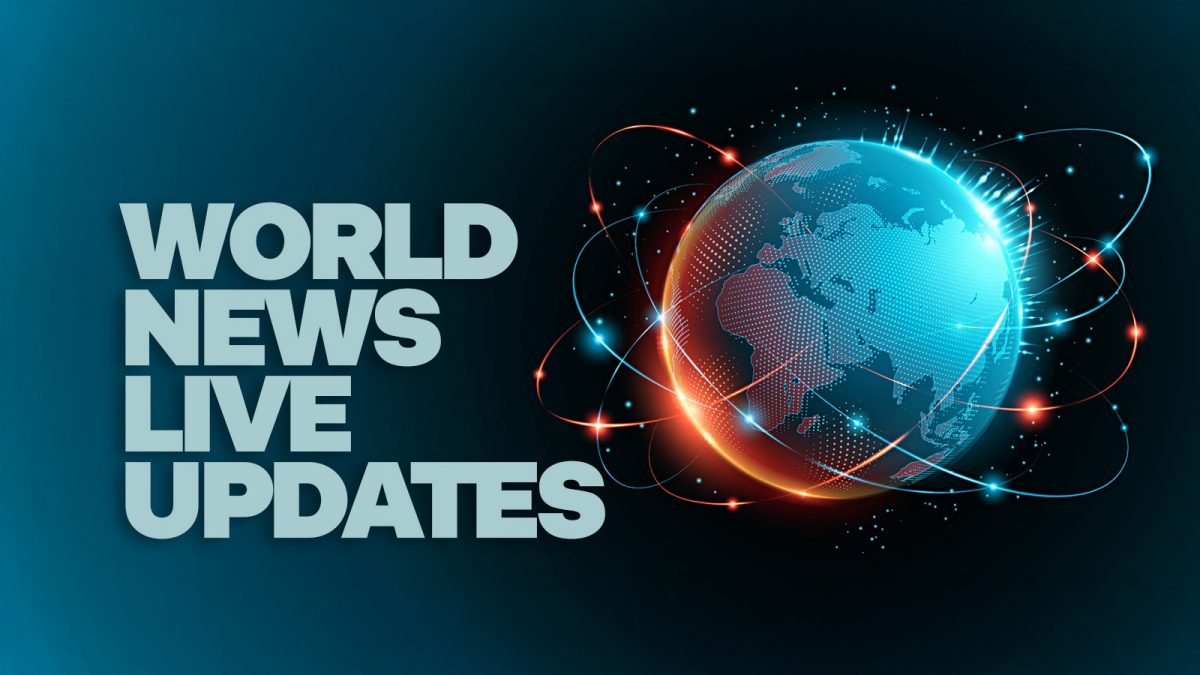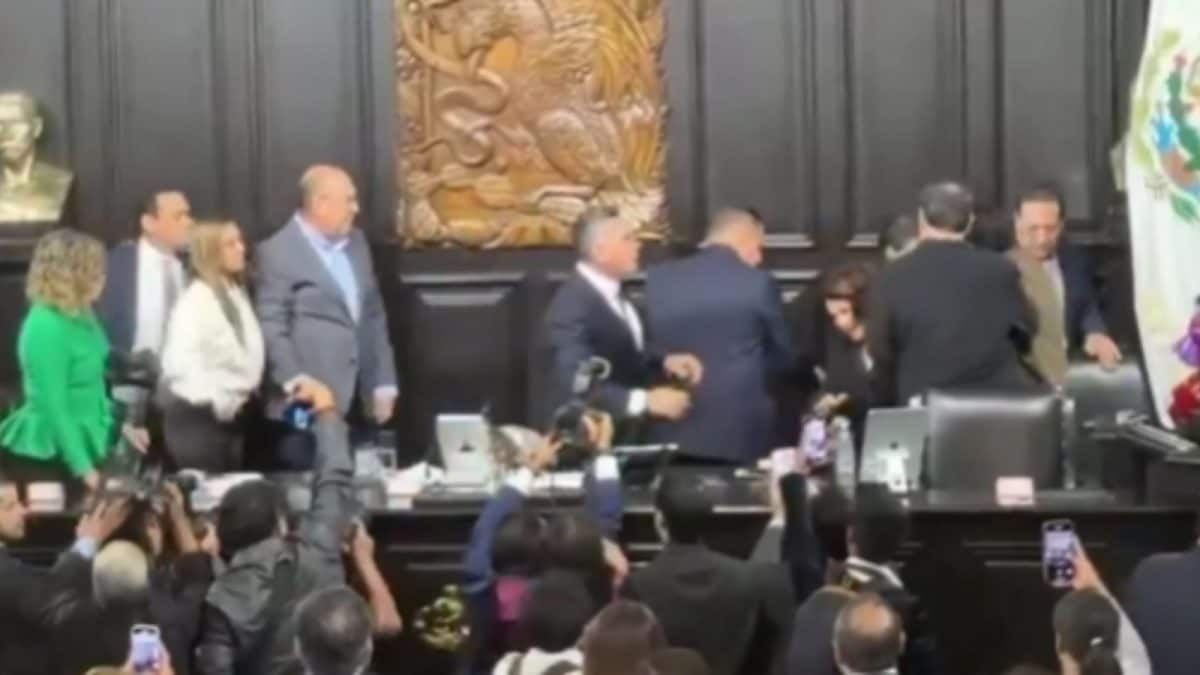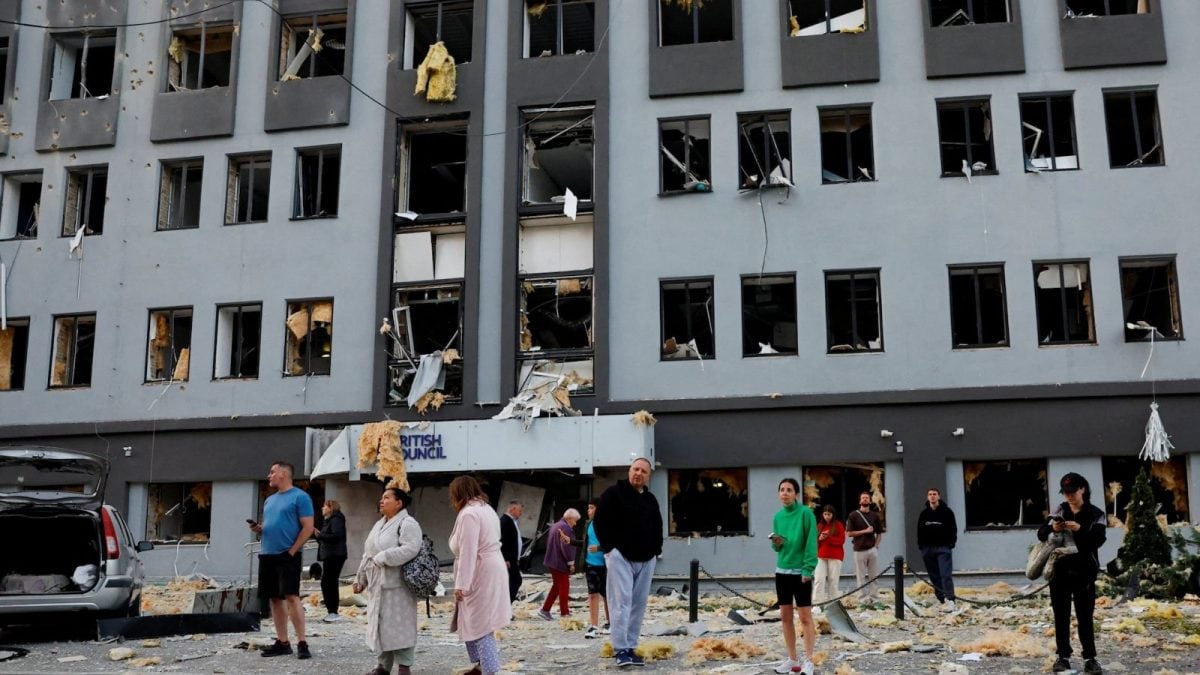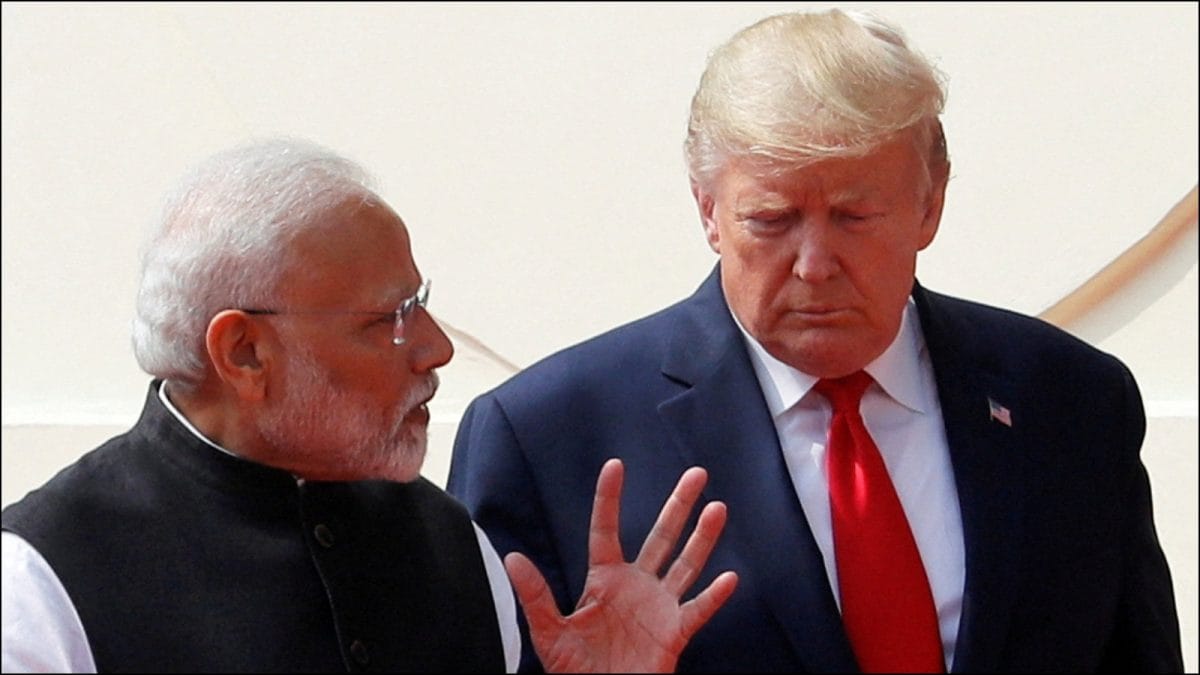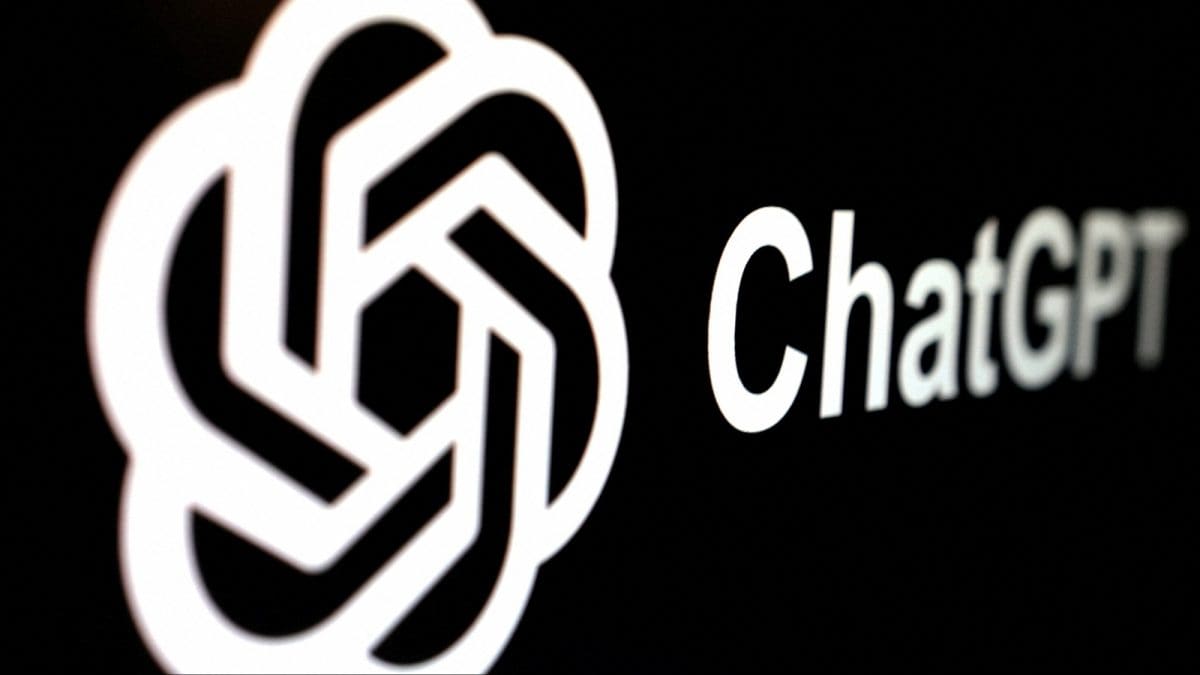Last Updated:July 14, 2025, 16:42 IST
As the private Axiom-4 mission begins its journey back to Earth, here’s a look at some of the ISS’s most bizarre but absolutely real moments

This mosaic depicts the Space Station pictured from the SpaceX Crew Dragon Endeavour on Nov. 8, 2021. (Image: Nasa)
The Space Station (ISS) may be the world’s most advanced laboratory in orbit, but life onboard is far stranger than most imagine. From odd smells to mysterious sounds, and even a virus that once hitched a ride on a USB stick, the ISS has seen its share of surreal moments in its two-decade history.
On Monday, India’s Group Captain Shubhanshu Shukla and his three international crewmates on the private Axiom-4 mission are set to undock from the Space Station in SpaceX’s Crew Dragon capsule “Grace", after spending nearly three weeks conducting experiments, Earth observations, and adapting to microgravity. With departure operations underway and splashdown expected on Tuesday, it’s a fitting moment to look back at some of the weirdest, wildest, and completely real truths about life aboard the station they just called home.
Cosmonauts Once Used Tea Leaves To Track A Leak
In 2020, the ISS experienced a slow air leak that engineers couldn’t locate. Rather than rely solely on instruments, cosmonauts in the Russian Zvezda module turned to an unconventional fix: they released tea leaves and observed which way they floated. The drifting leaves revealed the direction of airflow and led them straight to a tiny crack in the hull. Low-tech, but it worked.
The ISS Was Once Infected By A USB Stick
In 2008, a NASA astronaut carried a USB stick onboard the ISS that was unknowingly infected with a Trojan virus called Gammima.AG. It didn’t affect flight-critical systems but did spread through several laptops, prompting stricter cybersecurity protocols. This incident led NASA to reinforce stricter USB and device-screening procedures before launch. Even 400 km above Earth, viruses are still a threat—just digital ones.
Astronauts Have Heard Unexplained Knocking Sounds
Chinese astronaut Yang Liwei, the first person sent into space by China, reported hearing strange knocking sounds on the walls of his spacecraft in 2003—“like someone knocking the body of the spaceship just as knocking an iron bucket with a wooden hammer." Similar reports have emerged over the years, including onboard the ISS. NASA engineers say thermal shifts or micrometeorite impacts might explain them, but no definitive cause has ever been confirmed.
Space Has A Smell, And It’s Not Pleasant
Astronauts returning from spacewalks have described a sharp, metallic smell clinging to their suits inside the airlock. It’s been compared to burnt metal, welding fumes, and seared steak. The likely culprit is atomic oxygen in space interacting with exposed surfaces—something that doesn’t exist on Earth.
In a 2003 NASA interview following his Expedition 6 mission aboard the ISS, veteran NASA astronaut Don Pettit described the smell as “a rather pleasant, sweet metallic sensation." He likened it to the odour of welding fumes, saying, “It is hard to describe this smell… The best description I can come up with is metallic; a rather pleasant sweet metallic sensation. It reminded me of … arc welding torch… pleasant sweet smelling welding fumes. That is the smell of space."
Fire Doesn’t Rise In Space, It Floats
On Earth, flames rise because hot air is lighter and moves upward, pulling in cooler air from below. But in microgravity, there’s no buoyancy-driven convection, so fire doesn’t behave the same way. Instead, it forms eerie, slow-burning spherical blobs that float in place and burn at lower temperatures with limited oxygen flow.
That might sound harmless, but it’s not. Without gravity to move smoke or heat, a flame in space can quietly smoulder and go undetected for longer, making fire one of the most dangerous scenarios aboard the ISS.
To study this, NASA runs the FLEX (Flame Extinguishment Experiment) series aboard the station, using small droplets of fuel to understand how fire ignites, spreads, and dies in microgravity. These studies help refine fire suppression systems, spacecraft material design, and even inform next-generation fire safety protocols for future Moon or Mars missions.
Even Private Astronauts Pay To Use The Toilet
NASA charges private crew members for each day spent aboard the ISS. The rate is $11,250/day for life support—including access to oxygen, water, and toilets—and $22,500/day for supplies and communication. That totals $33,750 per astronaut per day, or nearly Rs 30 lakh/day. Space isn’t just expensive, it’s metered.
Back From the Strangest Workplace In The Universe
With the Ax‑4 mission now set to undock and splashdown expected on Tuesday, its international crew—including India’s Group Captain Shubhanshu Shukla—joins a growing list of astronauts who’ve experienced life aboard one of the most unusual environments ever constructed.
The Space Station is more than just a symbol of international cooperation. It’s a place that reshapes what we know about the body, the mind, and even basic physics—often in the weirdest ways imaginable.
The News Desk is a team of passionate editors and writers who break and analyse the most important events unfolding in India and abroad. From live updates to exclusive reports to in-depth explainers, the Desk d...Read More
The News Desk is a team of passionate editors and writers who break and analyse the most important events unfolding in India and abroad. From live updates to exclusive reports to in-depth explainers, the Desk d...
Read More
News world Strange Noises, Hacked Laptops, And A Mystery Leak: The ISS’s Most Bizarre Moments
Disclaimer: Comments reflect users’ views, not News18’s. Please keep discussions respectful and constructive. Abusive, defamatory, or illegal comments will be removed. News18 may disable any comment at its discretion. By posting, you agree to our Terms of Use and Privacy Policy.

 1 month ago
1 month ago

